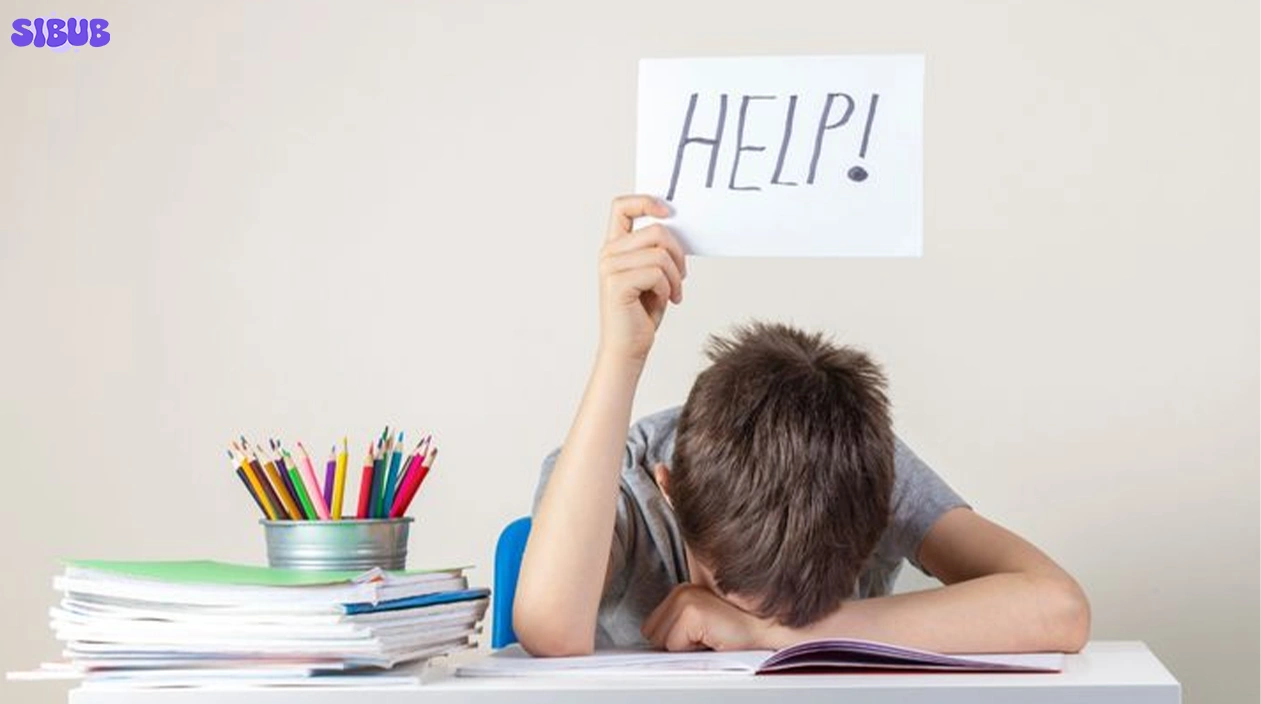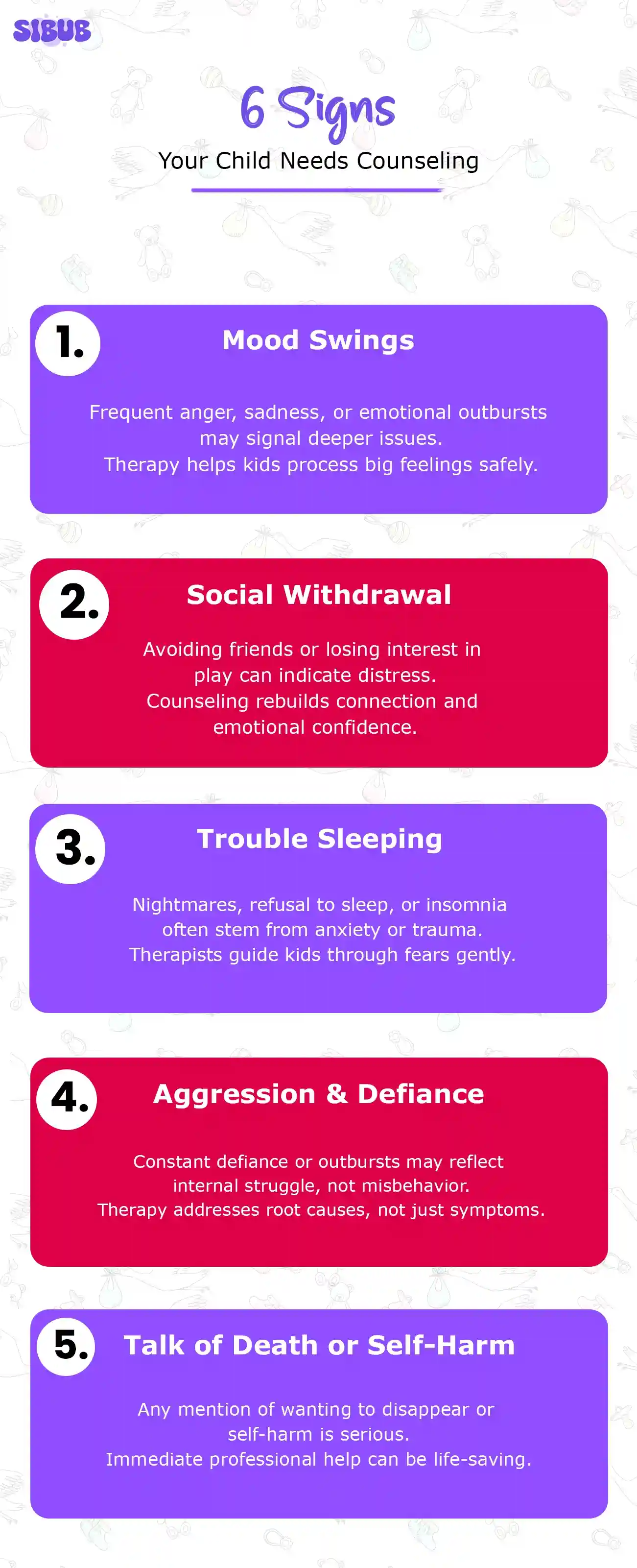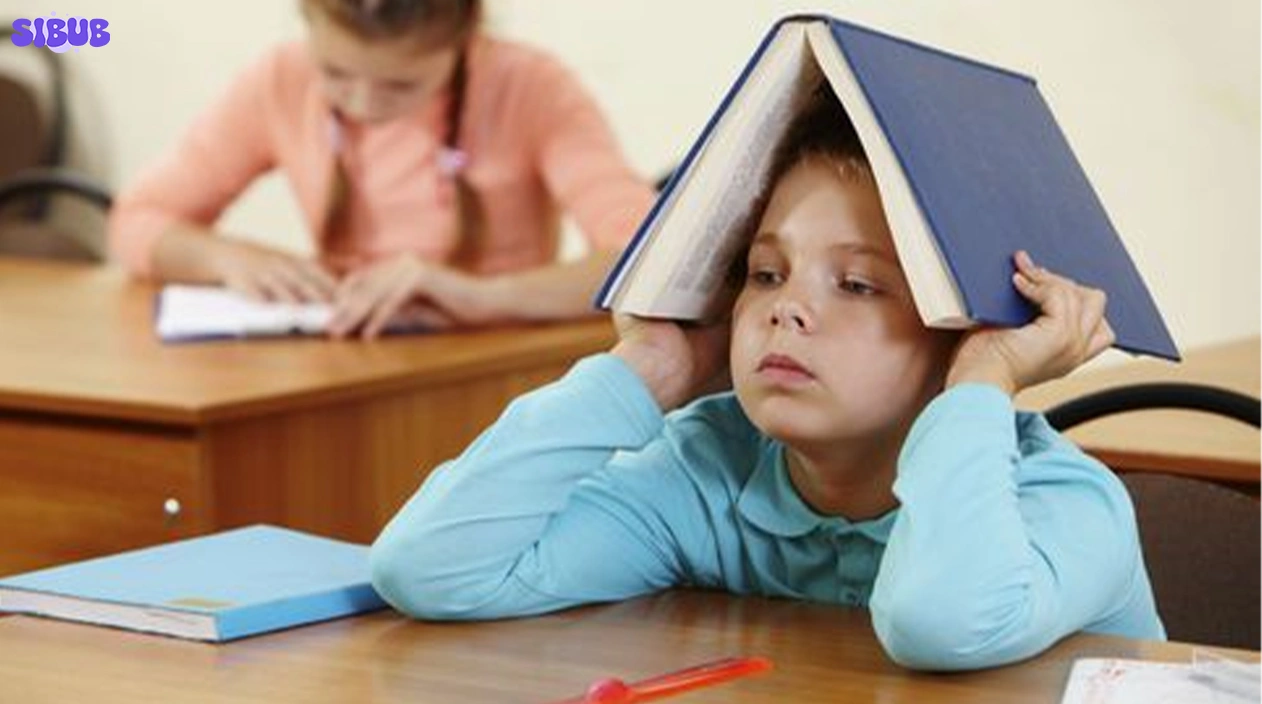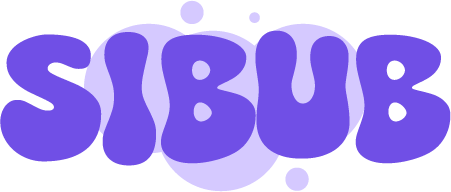“Children are not ‘things’ to be molded, but people to be unfolded.” – Jess Lair
That carefree child of yours seems to suddenly isolate themselves from their friends, or perhaps, they have started exhibiting bouts of unexplained anger. As a concerned parent, you might ask yourself—Is this normal behavior and something I need to be worried about?
Children may have difficulty articulating feelings in a straightforward manner. What can appear to be sulking or disobedience is sometimes an attempt at getting help. Identifying emotional distress early and obtaining support through therapy kids’ services can fundamentally change a life.
6 Signs Your Child Needs Kids Therapy
In this guide, we’re going to cover six signs indicating your child could benefit from counselling. We’ll discuss when to take action and provide helpful strategies for the holistic approach therapy provides towards mental and emotional development.

Discover: 9 Printable Feelings Chart for Kids To Support Emotional Growth
Sudden Emotional Reactions and Severe Mood Changes
Every child can display strong emotions, but consistent strong reactions may be a sign of emotional difficulty. Change in emotions from calm to fury or deep sadness, often without any explanation, requires observation.
Prolonged tantrums, unfounded persistent anger, and frequent crying can also indicate anxiety and mood disorders. These are not your ‘bad days’ gone overboard. These are warning signs.
Kids’ therapy programs teach healthy coping skills that match your child’s age. They also give emotional support in ways kids can understand.
The American Academy of Pediatrics says to watch for behavior that lasts more than two weeks. If it affects daily life, they recommend seeing a pediatric behavioral health specialist for an evaluation.
Social Withdrawal
Some children might be a little shy or more quiet than others, and that’s normal. When a child starts avoiding friends or chooses to be alone, it’s a sign to watch. If they stop enjoying hobbies they once loved, there might be a more serious issue.
Avoiding social interactions usually indicates something troubling, like depression, anxiety, or trauma. If this is accompanied by a new change in habits, personality, or way of talking, these might be one of the 7 signs your child should see a therapist.
Child counselling helps build emotional resilience and enables children to form social relations. Research indicates therapy helps socially withdrawn children interact better with their fellows. It reduces social anxiety within a few weeks.

Explore: ADHD Treatment For Kids: Finding The Right Medication
Nightmares or Changes in Sleep Schedule
Sleep patterns can often be directly linked to an individual’s mental health. Having sleep difficulties such as persistent nightmares, insomnia, or difficulty falling asleep could suggest that the person has anxiety. It also shows he has experienced some traumatic life events.
Stress is often shown in the form of a sleep disorder in younger children, particularly in the ages of 4 to 6. Some children might refuse to sleep as a sign of stress. For instance, a 4-year-old with behavioral issues might experience a bedtime nightmare because of separation anxiety.
Therapy for 4-year-olds often includes experiential approaches designed to gently confront fears and anxiety. When sleep turns into a potential battleground, therapists can help calm things down.
Chronic Defiant Behavior at Home or in School
Children can be challenging when they push boundaries. And the provocative defiance or aggression is indicative of something deeper.
Behavioral disorders in 5-year-olds include ADHD and Oppositional Defiant Disorder (ODD), which often reveal themselves in the form of tantrums, disobedience, or even violence. Uncontrolled aggression, untamed, will wreak havoc on relationships and self-image.
Therapy kids programs don’t just fix bad behavior. They help families learn healthy emotional strategies.
Dr. Nadine Burke Harris says, “When we see consistent aggression or defiance, it’s rarely just about the behavior—there is always a need, some event, behind it.”
These behaviors are signs that a child needs support, not punishment.
Notable Decrease in Academic Performance
A previously inquisitive child gradually losing interest in school or their grades dropping without a discernible explanation might just be a depiction of emotional distress.
Inability to focus, refusal to attend school, and acting out in class can be indicators of anxiety, depression, or even bullying. These shifts are not considered signs of laziness; they demonstrate that a child is overwhelmed.
Kids behavioral therapy works on identifying emotional barriers. It prevents the child from learning and devises strategies within the classroom and beyond. Other therapists offer consistent assistance from the other end as well to the teachers.

Discussing Death or Self-Injury
This is undoubtedly the most pressing indicator and should always be taken seriously. If your child expresses thoughts of dying, hopes they didn’t exist, or engages in self-harming behavior, obtain professional assistance without delay.
Suicidal ideation can be articulated from a young age. The CDC considers suicide as one of the leading causes of death in the 10-14 age bracket. Life-saving measures can be enacted through timely child counselling.
Learn More: Top Benefits of Summer Camp for Kids
Why Choosing Therapy Kids Services Early Matters
A waiting period can turn an easily manageable issue into a crisis. Participate in therapy kids programs early to build emotional resilience and enhance family communication. It also prevents long-term mental health problems.
Depending on your child’s age and specific requirements, therapy might comprise:
- Helping children express emotions safely through play therapy.
- Shifting negative thought patterns using Cognitive Behavioral Therapy (CBT)
- Managing behaviors through parent-child interaction therapy.
- Strengthening home dynamics through family therapy.
Therapy for children older than four years is adapted to the developmental stage of the child using tools they can relate to.
How to Choose the Best Child Therapist
It is important to find a professional that your child can relate to. Search for:
- State licensure in child or pediatric psychology
- Work history with the child’s age and associated behavioral difficulties
- The most appropriate therapeutic approach that suits your belief system
Begin with a referral from your child’s doctor. Also, consider browsing therapist listings such as Psychology Today and the AACAP Directory.
Concluding Remarks
Children do not always say, ‘I need help. ’ But their actions certainly indicate otherwise.
Be it school-related issues, problems with sleeping, self-loathing, or anger stemming from home as the root problem… Don’t delay. Be proactive. With proper guidance and a therapy program for kids, your children will feel safe, strong, and happy once more.
Every child, especially those diagnosed with communication disorders, and unable to articulate their feelings. They require compassion and assistance. Knowing someone cares and is willing to help them makes all the difference.
